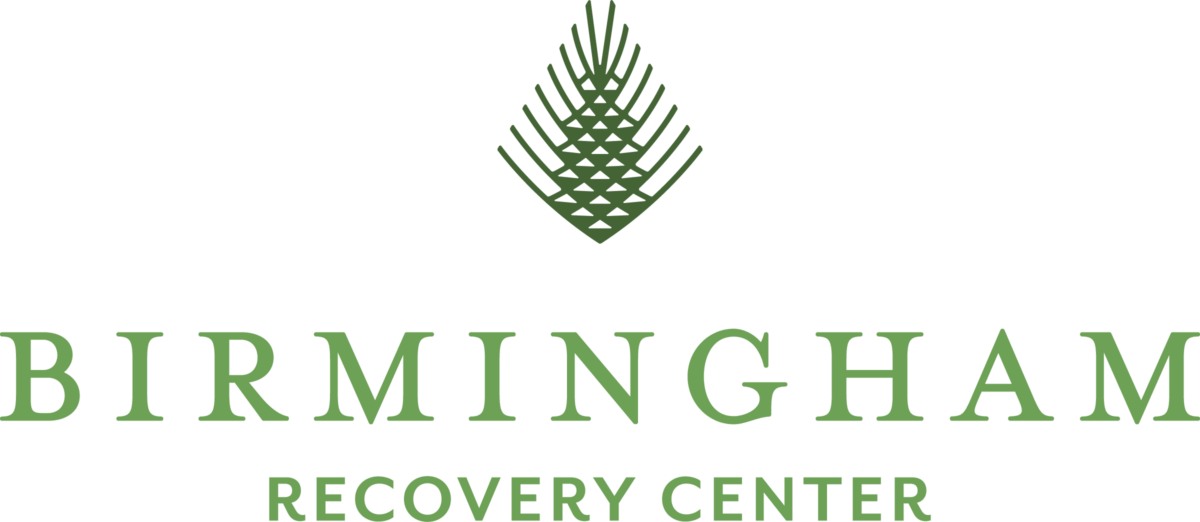Overcoming addiction is a profound transformation that encompasses the mind, spirit, and, crucially, the body. In recovery, nutrition is pivotal in healing and restoring physical well-being. Understanding the importance of nutrition in recovery is essential for anyone on the path to reclaiming their health after the ravages of substance abuse.
Substance addiction can significantly disrupt nutritional balance, leading to deficiencies, weakened immune systems, and a host of physical complications. For individuals emerging from the shadows of addiction, proper nutrition can be a beacon of light, guiding them toward complete rehabilitation and a healthier future.
The Impact of Addiction on Nutritional Health
Substance abuse, whether it is alcohol, opioids, or other drugs, takes a considerable toll on the body’s nutritional state. Alcoholism, for example, often leads to severe vitamin B deficiencies, particularly thiamine, which can result in dangerous health conditions like Wernicke-Korsakoff syndrome. Opiates and stimulants suppress appetite and disrupt metabolic and digestive processes, often leading to significant weight loss and malnutrition.
In this context, recovery isn’t just about abstaining from substances; it’s also about rebuilding the body and correcting nutritional imbalances that have occurred. This is where the concept of nutrition in recovery becomes a centerpiece of effective treatment programs.
The Pillars of Nutrition in Recovery
Rebuilding the Foundation
The first step towards healing the body post-addiction involves identifying and addressing specific nutritional deficiencies. Comprehensive nutritional assessments conducted by healthcare professionals can pinpoint these gaps. Common deficiencies include vitamins B and D, calcium, iron, and zinc. Supplementing these nutrients, alongside a balanced diet, can kickstart the body’s recovery process.
Stabilizing Blood Sugar
Addiction frequently results in irregular eating habits, which cause blood sugar levels to fluctuate. These changes can influence mood and energy levels, possibly leading to cravings. Incorporating a balanced diet with regular, nutrient-dense meals helps stabilize blood sugar, reduce cravings, and support overall mental health.
Restoring Gut Health
Substance abuse can severely disrupt gut health, leading to issues like constipation, diarrhea, and nutrient absorption problems. Focusing on nutrition during recovery involves enhancing gut health with a diet abundant in fiber, fermented foods, and potentially probiotics to re-establish a balanced gut flora.
Supporting Liver Function
Substance abuse frequently takes a toll on the liver, which is crucial for detoxification and metabolism. In recovery, it is important to focus on foods that bolster liver function, including leafy greens, cruciferous vegetables, and healthy fats found in avocados and nuts.
Enhancing Brain Health
Substance addiction can impair cognitive functions and alter brain chemistry. Nutrition that emphasizes omega-3 fatty acids, antioxidants, and amino acids can aid in repairing brain health and improving cognitive function during recovery.
Practical Tips for Integrating Nutrition into Recovery
Start with Simple, Balanced Meals
Transitioning to healthy eating doesn’t have to be overwhelming. Simple, balanced meals can provide a solid foundation for nutritional health. Focusing on adding nutrition in recovery often involves changing your diet to incorporate foods that are of value to the mind, body, and spirit.
Hydration is Key
Dehydration is common in individuals recovering from addiction. Drinking adequate water and staying hydrated are crucial for facilitating detoxification processes and promoting overall health.
Seek Professional Guidance
Our team understands the unique challenges of recovery and can provide personalized guidance and support. They can help develop a nutritional plan tailored to individual needs and recovery goals.
Be Patient and Compassionate with Yourself
Recovery, including nutritional recovery, is a process. Undoing the harm inflicted by substance abuse is a process that requires time. Being patient and compassionate with oneself, celebrating small victories, and recognizing setbacks as part of the journey is essential.
What to Incorporate Into Your Diet
Incorporating nutritional foods into your diet is crucial during drug rehab, as it can significantly aid in the recovery process. Nutrient-dense foods help restore physical health, improve mental well-being, and support overall recovery. Here are some essential foods to include:
1. Whole Grains
Whole grains like oats, quinoa, brown rice, and whole wheat products provide sustained energy and are rich in B vitamins, which are essential for brain health and stress management.
2. Lean Protein
Sources of lean protein such as chicken, fish, tofu, legumes, and eggs are crucial for repairing tissues damaged by substance abuse. They also play a vital role in mood regulation through their amino acids.
3. Healthy Fats
Omega-3 fatty acid-rich foods, like salmon, flaxseeds, chia seeds, walnuts, and avocados, are vital for maintaining brain health and cognitive abilities that addiction may impair.
4. Fruits and Vegetables
Consuming a wide array of fruits and vegetables supplies essential vitamins, minerals, and antioxidants that help detoxify the body, enhance the immune system, and minimize oxidative stress. Particularly advantageous are leafy greens, berries, and fruits and vegetables with vibrant colors.
5. Dairy or Plant-Based Alternatives
Calcium-rich foods like milk, yogurt, cheese, or plant-based alternatives fortified with calcium and vitamin D are important for bone health, which can be affected by drug use.
6. Nuts and Seeds
These are excellent sources of magnesium, healthy fats, and fiber. Magnesium plays a critical role in muscle function, sleep regulation, and stress reduction, all of which are important during rehab.
7. Fermented Foods
Fermented foods like yogurt, kefir, sauerkraut, and kombucha contain probiotics, which are beneficial for gut health. A healthy gut microbiome can improve digestion, immune function, and even mood regulation.
Incorporating these foods into your diet during drug rehab can significantly contribute to your recovery by improving physical health, mental clarity, and emotional stability. It’s also beneficial to work with a healthcare provider or nutritionist to tailor dietary choices to your specific needs and recovery goals.
Nutrition in Recovery at Birmingham Recovery Center
At Birmingham Recovery Center, we recognize the integral role of nutrition in recovery. Our holistic approach to addiction treatment includes nutritional assessments and counseling as part of our comprehensive recovery programs. We believe that restoring physical health through proper nutrition is a critical step in overcoming addiction and achieving long-term wellness.
Our team of experts works closely with each individual to develop customized nutritional strategies that support their recovery and health goals. By integrating nutrition into our recovery protocols, we help individuals rebuild their bodies, enhance their well-being, and pave the way for a healthier, substance-free future.
Get Help Now
Addiction recovery is a multifaceted process that extends beyond achieving sobriety. “Nutrition in recovery” represents an essential component of healing, offering a foundation upon which individuals can rebuild their health and vitality. By addressing nutritional deficiencies, stabilizing blood sugar, restoring gut health, supporting liver function, and enhancing brain health, those in recovery can significantly improve their quality of life.
Birmingham Recovery Center stands committed to incorporating nutritional healing into our recovery programs, underscoring our belief in treating the whole person—body, mind, and spirit. Through focused dietary care, we empower individuals to take control of their health and step confidently into a brighter, healthier future free from addiction. Contact our team in Birmingham, AL, by calling (205) 813-7400 to get the help you need.

